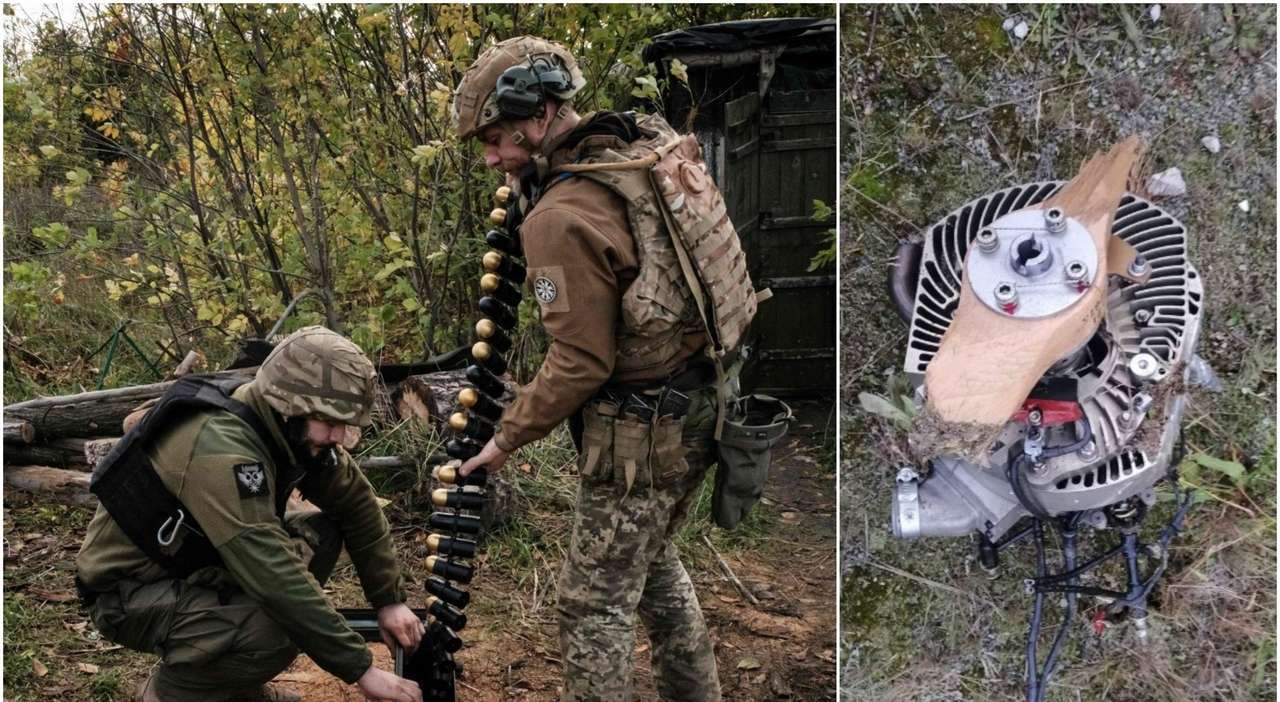Pakistan conducted airstrikes in Iran, targeting alleged militant hideouts and killing nine, in response to a similar Iranian attack. This escalation occurs amidst regional tensions, including the Middle East’s ongoing conflicts. The strikes, a rare occurrence between the two nations, aimed at Baluch militants and reflect internal political pressures and strategic posturing in both countries.
 by Fatima Abass
by Fatima Abass
In a significant escalation of tensions, Pakistan launched airstrikes against purported militant bases within Iran on Thursday, leaving at least nine people dead. This offensive was in retaliation for Iran’s airstrike two days prior, marking a rare instance of direct military action between the neighboring states.
The targets on both sides of the border were Baluch militant groups, known for their separatist aspirations. This mutual aggression highlights a long-standing blame game, with each country accusing the other of harboring these groups.
This military exchange unfolds against the backdrop of broader regional unrest, notably Israel’s conflict with Hamas in Gaza and Iranian airstrikes in Iraq and Syria. These were in response to a devastating Islamic State suicide bombing in Iran, claiming over 90 lives.
Both Iran and Pakistan have historically viewed each other warily, largely due to cross-border militant activities. However, the recent strikes also appear to stem from internal pressures. Iran, grappling with domestic unrest against its theocratic regime, has sought to demonstrate its military might while supporting allies like Hamas, Hezbollah, and the Houthi rebels. The suicide bombing by Islamic State militants has intensified this pressure.
Pakistan, facing its own political challenges, particularly with a crucial general election looming in February, felt compelled to respond to Iran’s Tuesday airstrikes. The country’s military, a key player in national politics, is under scrutiny, making a robust response to Iranian aggression a necessity for maintaining its domestic standing.
Pakistan’s Foreign Ministry characterized the Thursday strikes as precise and coordinated military actions based on “credible intelligence of impending large scale terrorist activities.” The military detailed the use of drones, rockets, and standoff weapons, suggesting that Pakistani jets did not enter Iranian airspace.
The situation has prompted Pakistan’s caretaker Prime Minister, Anwaarul-Haq-Kakar, to curtail his visit to the World Economic Forum in Davos. He is scheduled to meet with top military and intelligence officials to discuss the unfolding crisis.
This recent flare-up not only strains Iran-Pakistan relations but also adds a complex layer to the already volatile regional security dynamics in the Middle East.
(Associated Medias | FAD) – All rights reserved.
